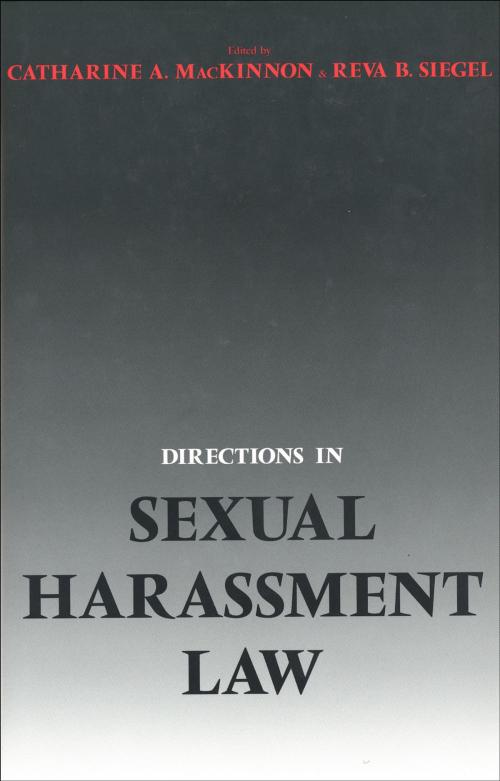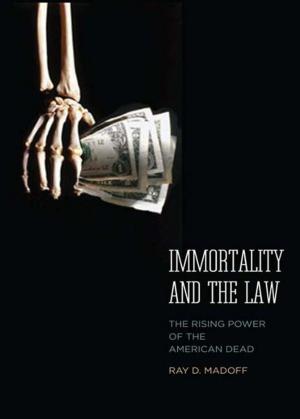| Author: | ISBN: | 9780300135305 | |
| Publisher: | Yale University Press | Publication: | October 1, 2008 |
| Imprint: | Yale University Press | Language: | English |
| Author: | |
| ISBN: | 9780300135305 |
| Publisher: | Yale University Press |
| Publication: | October 1, 2008 |
| Imprint: | Yale University Press |
| Language: | English |
When it was published twenty-five years ago, Catharine MacKinnon’s pathbreaking work Sexual Harassment of Working Women had a major impact on the development of sexual harassment law. The U.S. Supreme Court accepted her theory of sexual harassment in 1986. Here MacKinnon collaborates with eminent authorities to appraise what has been accomplished in the field and what still needs to be done.
An introductory essay by Reva Siegel considers how sexual harassment came to be regulated as sex discrimination. Contributors discuss how law can best address sexual harassment; the importance and definition of consent and unwelcomeness; issues of same-sex harassment; questions of institutional responsibility for sexual harassment in both employment and education settings; considerations of freedom of speech; effects of sexual harassment doctrine on gender and racial justice; and transnational approaches to the problem. An afterword by MacKinnon assesses the changes wrought by sexual harassment law in the past quarter century.















